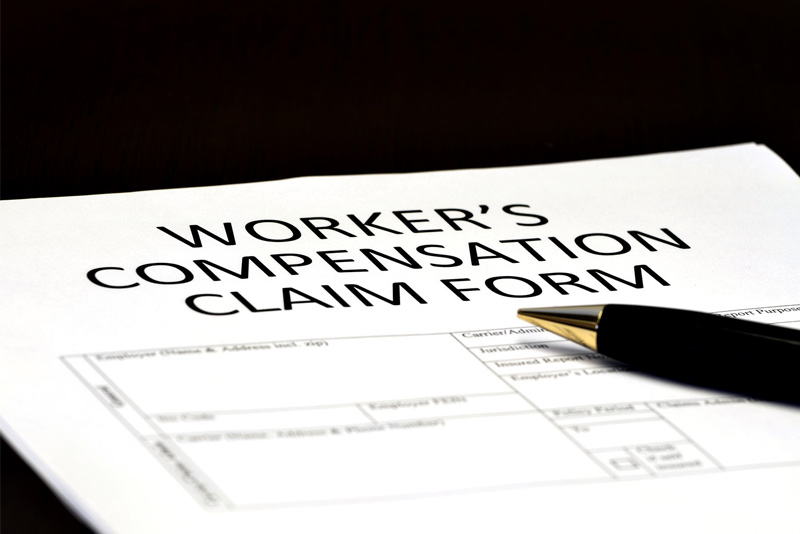Medical records services are an important consideration in workers’ compensation, a no-fault system that provides compensation for employees injured in the course of their employment. The medical records of the injured worker are important because the injury is of utmost significance. It is important to remember that there are some specific situations when an injury may not be covered by workers’ compensation, and each state governs their workers’ compensation program independently. When an injury occurs outside the course and scope of employment, it may not be covered.
Here’s a look at injuries that may not be covered by workers’ compensation, according to individual state rules and regulations.
- Injuries Sustained while Commuting to and from Work: This involves the “coming and going” rule. A worker who is injured during her morning commute to her fixed worksite, or during her evening commute home from the workplace, may not be eligible for workers’ compensation benefits. On the other hand, an employee who doesn’t have a fixed worksite, drives a company vehicle, or is performing tasks for the benefit of her employer during her commute is injured, the injury might be covered.
- Injuries Sustained while Intoxicated and on the Job: Workers’ compensation will not cover a workplace injury that resulted from an employee being intoxicated under the influence of alcohol or drugs. That is, for a claim to be denied, the intoxication of the employee generally has to be the cause of the injury. However, if there is evidence that shows there was no way to avoid the accident and consequent injury, and that someone else caused the injury, the worker may still be eligible for benefits.
- Injuries Sustained during Lunch or Break Time when the Worker is away from the Job Site: Any injury sustained when away from the workplace may not be covered. But if the worker left the workplace to pick up food for some business meeting, and the injury occurs, it may be covered. Workers injured in the breakroom or cafeteria may also receive the benefits.
- Injuries Sustained while Partaking in an Off-Site Work Event: Social events such as team building get-togethers outside of the workplace, and holiday parties are often arranged by organizations. Workers injured on such occasions are not often eligible for the benefits. However, if the worker was required to attend or if her employer benefited from her attendance, the injury suffered will be covered.
- Injuries Sustained during Fights or Horseplay: These are outside the scope of employment and are typically not covered. However, if the employer allows such behavior, the worker may be eligible for workers’ compensation.
- Minor Injuries: Those injuries that need only first aid treatment and don’t need medical care are not covered by workers’ compensation.
- Unreported Injuries: The injury must be reported as soon as it occurred. Each state has its own time limit for the period the injured person has to document the accident. Unreported injuries are not typically covered by workers’ compensation.
- Injuries Sustained by Self-Employed Persons: Self-employed individuals are not eligible for workers’ compensation.
- Independent Contractors: These entities are also not covered under the workers’ compensation program.
- Stress or other psychiatric injuries, and self-inflicted injuries may not be covered by workers’ compensation. Many states have regulations regarding stress as a compensable workers’ compensation claim. Most people experience stress in the workplace to some extent, so one may not have a workers’ compensation claim due solely to work-related stress. If the employee believes she has a stress-related workplace injury or condition, she must talk to her doctor and possibly a lawyer about filing a claim.
Workers’ compensation rules and exceptions vary from one American state to another. Medical chart reviews to understand the injury sustained and its extent are vital to every workers’ compensation claim. Claimants could work with an experienced attorney who will evaluate the claim and determine whether it is a valid one.
Disclaimer: This content is sourced from various reliable internet resources and does not constitute legal advice in any manner. For a professional opinion, please contact an experienced workers’ compensation attorney.




